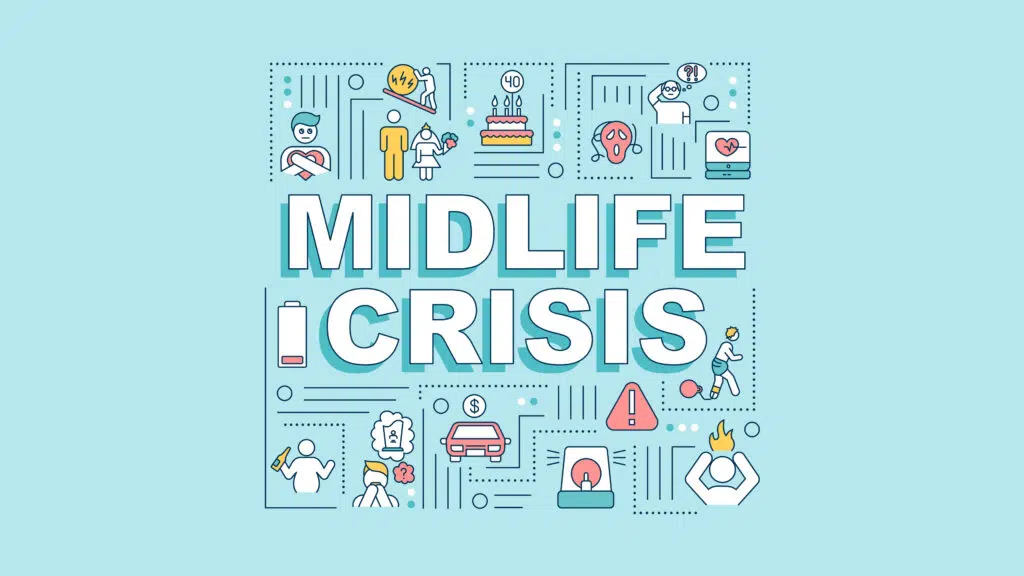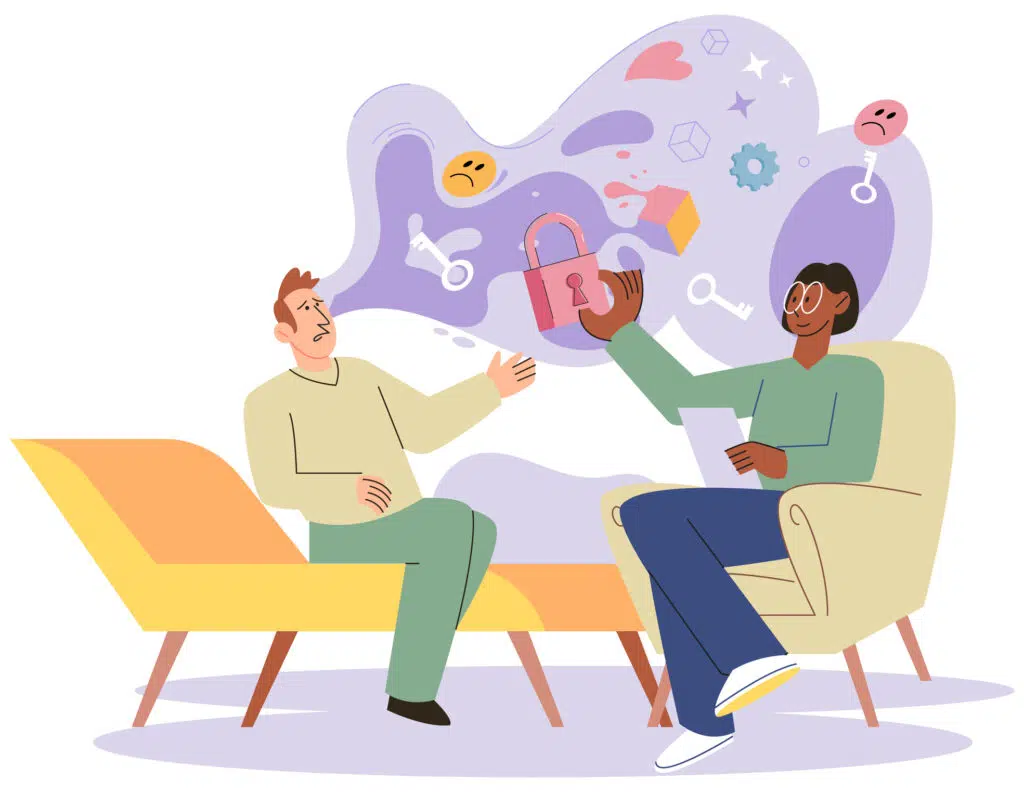How Diet Affects Mental Health

Eating a balanced diet rich in vegetables and nutrients may be associated with better overall mental health and feelings of wellbeing. Just as we demonstrated in ‘Let’s Start With Sleep’ how getting enough rest is crucial for a healthy body and mind, a well-balanced diet is just as important in helping brain development, especially in teens and young adults. One in five individuals will experience mental illness at some point in their lifetime, so eating well can help the brain function at its best and regulate how well a person feels.
But why is that?
For starters, there’s a strong correlation between a high-quality diet and a reduced prevalence of mental illnesses. Because the human brain needs nutrients to stay healthy, eating a variety of nutrient- and amino acid-rich foods like quinoa, amaranth, fruits, and veggies, for example, will allow the brain to get all the building blocks it requires to function optimally. Eating poorly, on the other hand, with high levels of saturated fat, refined carbohydrates, and processed foods has been linked to poor mental health. A study conducted at the Loma Linda University in California details that increased sugar consumption has been associated with bipolar disorder, dementia, and Alzheimer’s, and eating fried foods and processed grains has been linked to depression.
The study went on to document that nearly 17% of adults in California are likely to suffer mental illness in their lifetime and recommended that dietary interventions for those with mental illness should specifically target young adults. Based on research published in The Journal of Neuroscience, the structure and function of the brain continues to change throughout adolescence, and a poor diet lacking essential nutrients like omega-3 fatty acids, derived from fish and vegetables, has been shown to have adverse effects on mental health and performance.
Therefore, a poor diet can impair the brain and lead to mental health problems and learning disabilities. Analysis by Maryville University on the correlations between psychology and education show how there is a strong connection between a person’s mental health and their learning ability. This has led to a demand for specialists who understand this correlation and are able to help those in education. A workshop sponsored by the Virginia Education Association aims to do just that, by helping educators facilitate a better learning atmosphere for students who have a mental illness.
Still, more substantive, evidence-based programs are needed as the U.S. public education system isn’t addressing student mental health or nutrition comprehensively. Sugar is a major issue for adolescents, and their demographic is the biggest consumer of sugar in the United States. Sugar and a poor diet can trigger a cascade of physiological and psychological events that inhibit brain and gut hormones. Serotonin, which is a hormone that regulates mood and emotions, is produced mainly in the gut. As a result, people with a healthy gut are less likely to suffer mental health issues like anxiety and depression and also experience reduced stress. It is, therefore, imperative that any teen mental health treatment program needs to address diet as the central element of healing and recovery.

How Do I Establish Healthy Boundaries
We often talk about setting healthy boundaries in the workplace, in relationships, with technology, and with ourselves. But what is a healthy boundary, why should you have them for your mental health, and what’s the best way to establish healthy boundaries? Let’s dive in.

Millennials in Crisis: Survey Finds 81% Can’t Afford a Midlife Crisis
Are Millennials a generation in crisis? Millennials are aging. The oldest in the generation is now 43, and the youngest is now 28. With age comes wisdom, but it also often leads to regret, nostalgia, and introspective questions about where people are in life. With the generation quickly approaching “middle age,” many are starting to feel these pressures.

What Are Practical Strategies for Managing Depression?
The number of U.S. adults who have been diagnosed with depression is on the rise, with young adults and women experiencing the most significant increases. We know that the effects of depression can ripple through every aspect of your life.

What Are The Benefits Of Cognitive Behavioral Therapy?
Cognitive behavioral therapy goes beyond managing the symptoms but can help address the root cause of several mental health conditions. Backed by extensive research, CBT is an evidence-based approach that is shown to be effective across various populations.

